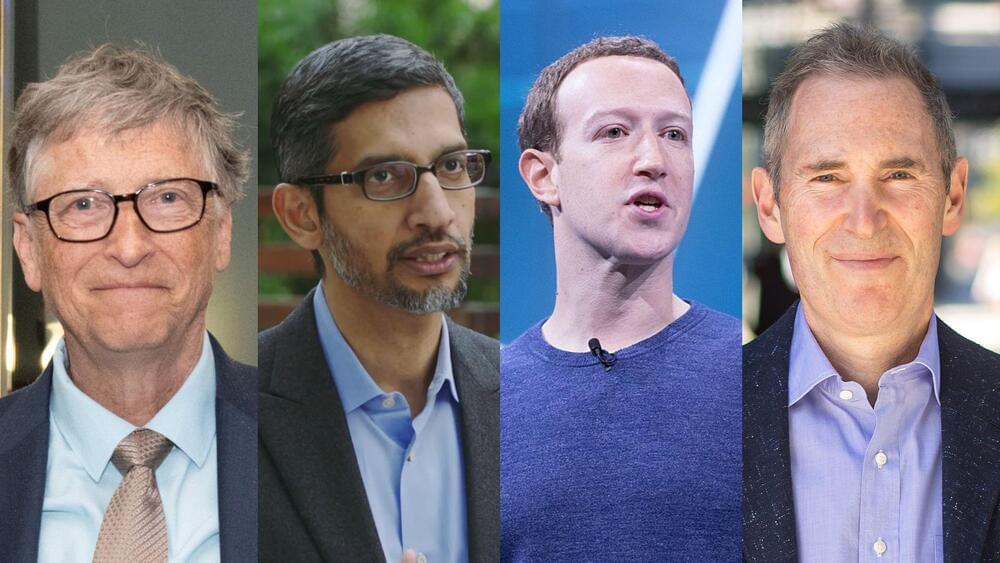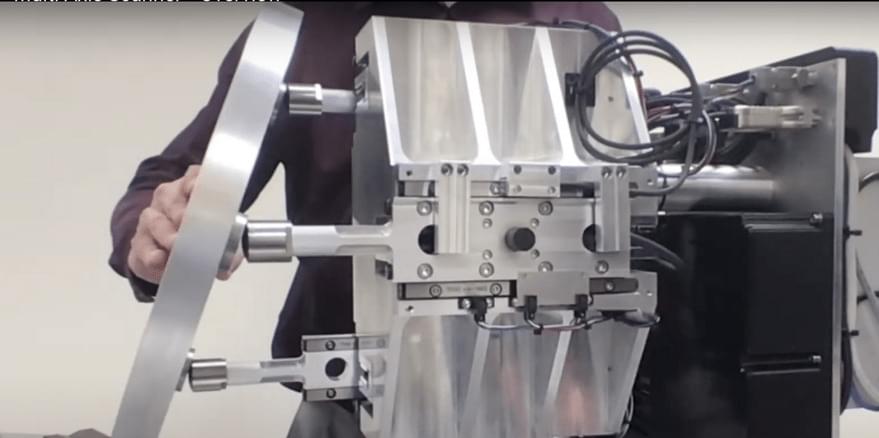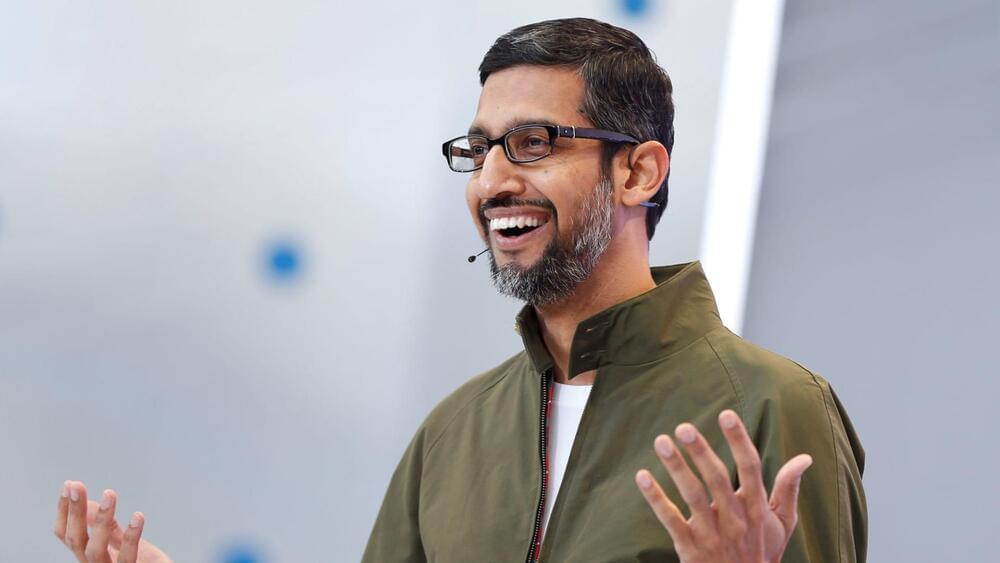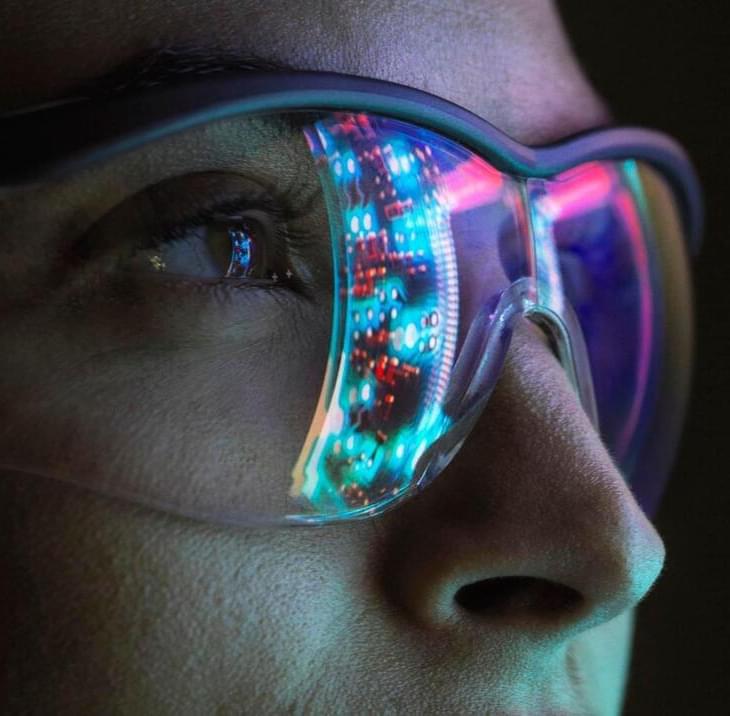As highlighted in a recent article, the release of ChatGPT in its various guises, along with numerous other generative AI-based technologies, has heralded a flurry of articles, studies, and headlines lauding the often catastrophic impact such technologies will have on jobs and society more broadly.
It’s the kind of simplistic and often doom-laden narrative that so often thrives on social media. As Greg Berman and Aubrey Fox remind us in their recent book Gradual, however, change seldom happens rapidly and almost never happens in such a linear fashion.
The study surveyed executives from 200 large companies and found that while most recognized the importance of new technologies, many were unrealistic about their ability to transform their businesses. The survey revealed that companies that took a more measured and realistic approach to technology adoption tended to be more successful.
Overall, these studies suggest that technological predictions are often overly optimistic and that many new technologies fail to meet their initial expectations.
So while many technologies are portrayed as being rapidly adopted, the reality is usually very different. The challenges are perhaps best summed up by Daniel Patrick Moynihan, who famously remarked that when considering change, “we constantly underestimate difficulties, overpromise results, and avoid any evidence of incompatibility and conflict, thus repeatedly creating the conditions of failure out of our desperate need for success.”







